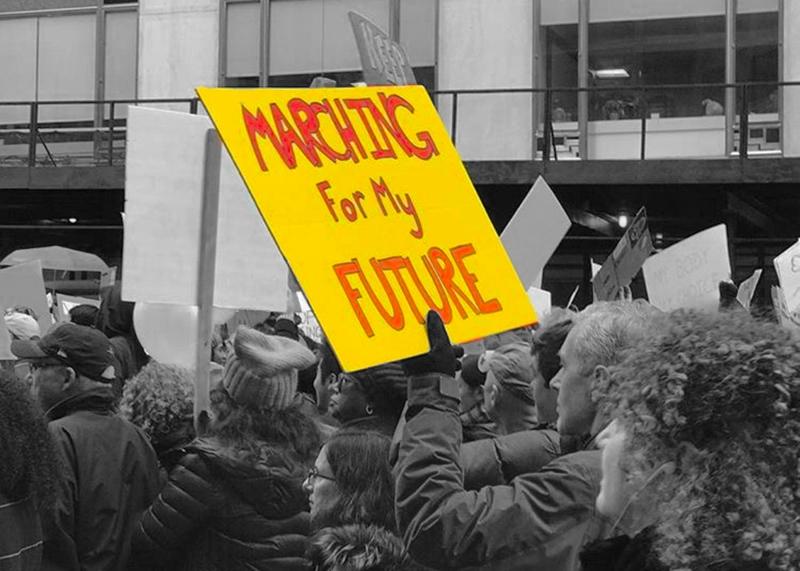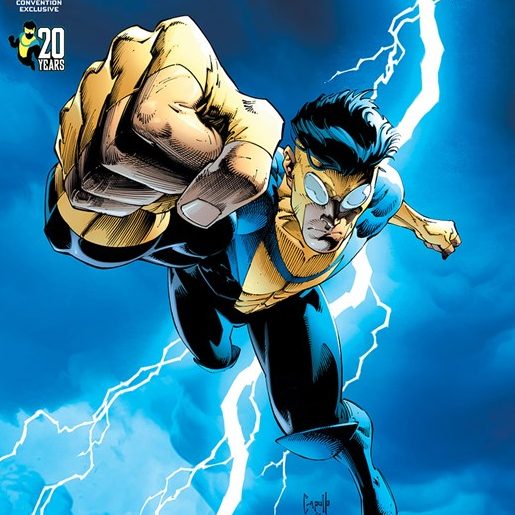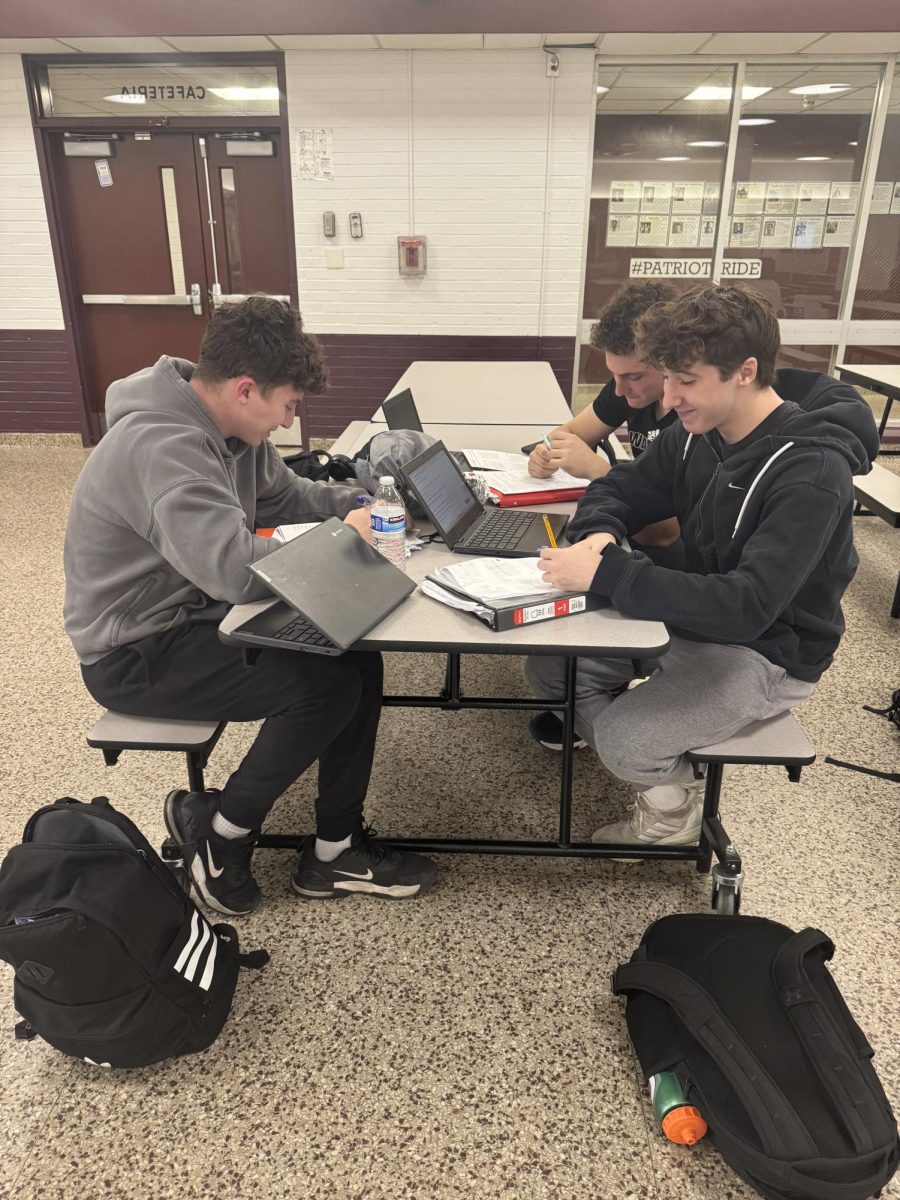Women’s March on Washington: The Monumental March for Women’s Rights
The Worldwide Women’s March drew millions of people heralding human rights.
January 29, 2017
On Saturday, January 21st, women, men, and children alike all over the U.S. marched to send a simple message to President Trump: women’s rights are human rights.
This past election was undoubtedly one for the books. Characterized by inflammatory rhetoric, scandal, and, for some of us, an extremely shocking outcome, America is more divided than ever. However, the Women’s March on Washington was the largest display of solidarity and unity ever since the election.
With attendees such as Bernie Sanders, Elizabeth Warren, Madonna, Amy Poehler, Vanessa Hudgens, Amy Schumer, Whoopi Goldberg, Helen Mirren, Katy Perry, and Lena Dunham, the Women’s March steadily gained popularity all over social media. Local “sister marches” were held all over the country, from Los Angeles, to Albany, St. Paul, and even in Pompton Plains, NJ. Protests were not only occurring in the US, however. Women from all over Europe, Asia, and even the Antarctic Peninsula marched for women’s rights, with over 4 million marchers and 673 marches in total.
The question still remains: why was this march necessary?
The answer lies with our new President Donald J. Trump. During the past year, Donald Trump ran a campaign fueled by racism, sexism, including verbal attacks against Muslims, Mexicans, and women. From claiming Fox New’s Megyn Kelly was menstruating for asking him about his previous degrading comments about women, to stating: “Look at that face. Would anyone vote for that?” about Carly Fiorina, Trump’s chauvinistic attitude has women fed up. The Women’s March was a demonstration of love, peace, and nonviolence for minorities and victims of sexual assault. Trump’s history with harassing women and the infamous incident with Billy Bush including the, “grab her by the p****,” urged women to send a message to Trump on his first day of office. Women will not stand by and have their rights violated, and will not rest until women and minorities have equal rights. As writer and civil rights activist Audre Lorde said, “It is not our differences that divide us. It is our inability to recognize, accept, and celebrate those differences.” The Women’s March made an essential step towards acknowledging and celebrating the diversity in our country.






